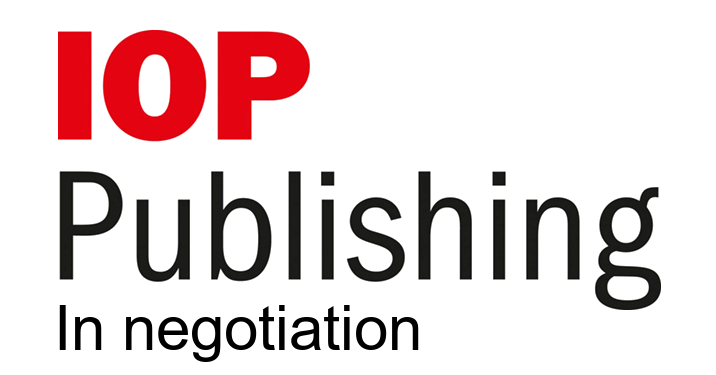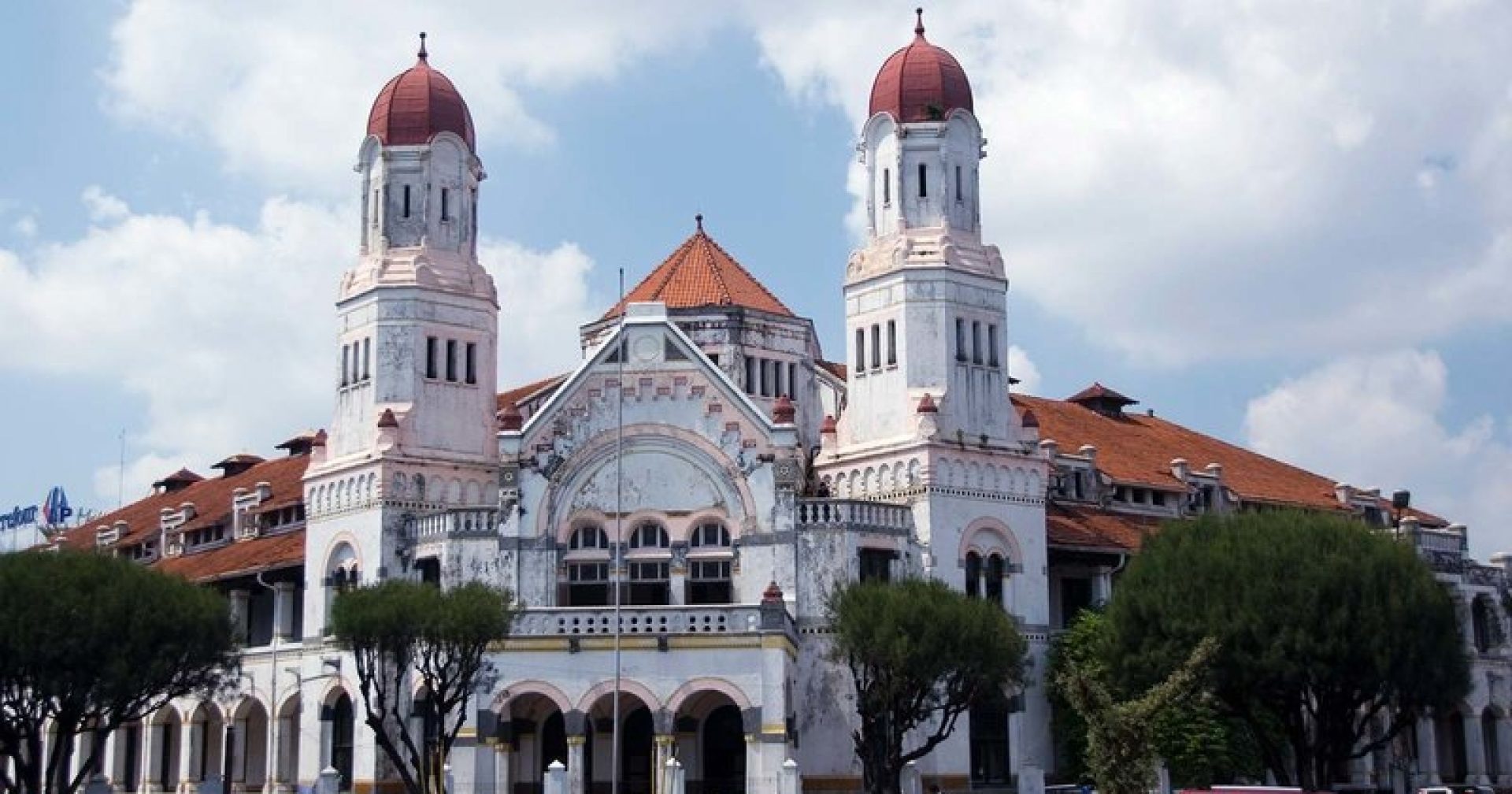
WELCOME TO USM-SDGs 2022
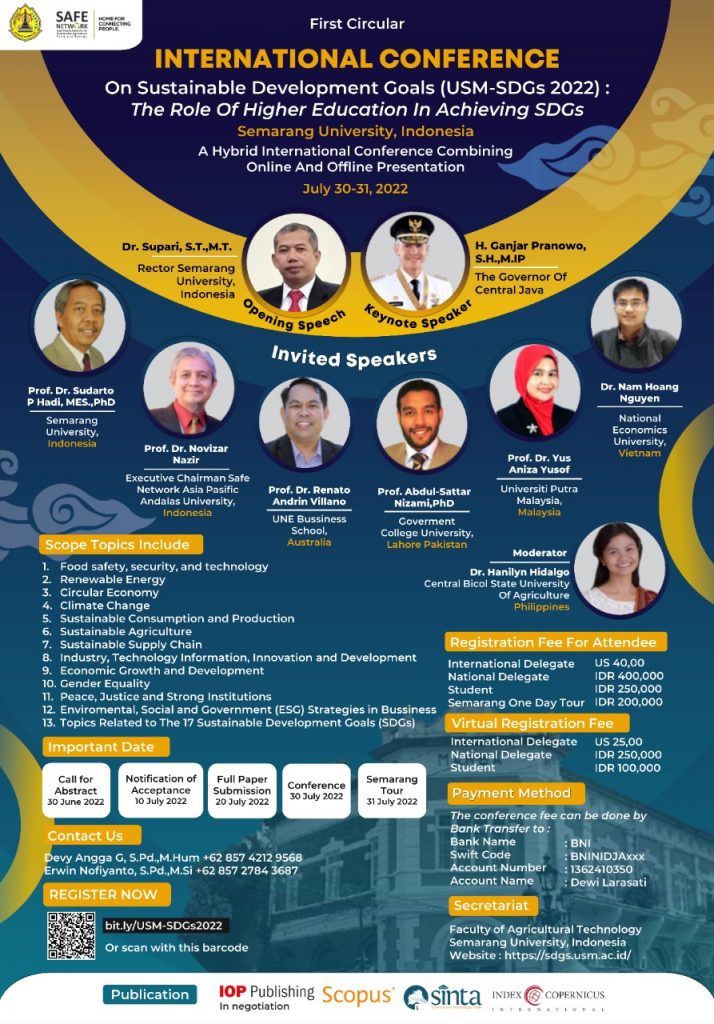
Term of Reference
The Sustainable Development Goals (SDGs) are a global action plan agreed by world leaders, including Indonesia, to end poverty, reduce inequality and protect the environment. The SDGs contain 17 Goals and 169 Targets that are expected to be achieved by 2030. The SDGs also represent a planning and follow-up tool for the countries at the national and local levels. With their long-term approach, they offer support for each country on its path towards sustained, inclusive, and environmentally friendly development, through the formulation of public policies and budget, monitoring, and evaluation instruments. The 2030 Agenda is a civilizing agenda that places dignity and equality at the center. At once far-sighted and ambitious, its implementation will require the engagement of all sectors of society and the State.
The 17 Sustainable Development Goals (SDGs) associated with the Agenda help the region’s countries to gauge the starting point from which they set out towards this new, collective vision of sustainable development outlined in the 2030 Agenda and to analyze and craft the means of its implementation. Goal 1: End poverty in all its forms everywhere; Goal 2: End hunger, achieve food security and improved nutrition and promote sustainable agriculture; Goal 3: Ensure healthy lives and promote well-being for all at all ages; Goal 4: Ensure inclusive and equitable quality education and promote lifelong learning opportunities for all; Goal 5: Achieve gender equality and empower all women and girls; Goal 6: Ensure availability and sustainable management of water and sanitation for all; Goal 7: Ensure access to affordable, reliable, sustainable and modern energy for all; Goal 8: Promote sustained, inclusive and sustainable economic growth, full and productive employment and decent work for all; Goal 9: Build resilient infrastructure, promote inclusive and sustainable industrialization and foster innovation; Goal 10: Reduce inequality within and among countries; Goal 11: Make cities and human settlements inclusive, safe, resilient and sustainable; Goal 12: Ensure sustainable consumption and production patterns; Goal 13: Take urgent action to combat climate change and its impacts; Goal 14: Conserve and sustainably use the oceans, seas and marine resources for sustainable development; Goal 15: Protect, restore and promote sustainable use of terrestrial ecosystems, sustainably manage forests, combat desertification, and halt and reverse land degradation and halt biodiversity loss; Goal 16: Promote peaceful and inclusive societies for sustainable development, provide access to justice for all and build effective, accountable and inclusive institutions at all levels; Goal 17: Strengthen the means of implementation and revitalize the global partnership for sustainable development
Many high-quality studies have been conducted by higher education that contributes to the SDGs. The research, comparative, survey-based, or case-based studies that describe institutional experiences conclude with recommendations. Furthermore, recommendations often require universities to play a more prominent role in the development of the SDGs. This is because higher education institutions are considered living laboratories in the area of sustainable development, and their activities can have a multiplier effect in the field that probably no other institution, with the exception of schools, can have.
The resulting research results of higher education should be published and read by many audiences. This conference is expected to be a bridge to promote the work of higher education and increase the number of universities committed to the SDGs In addition, higher education institutions are expected to lead the process of transforming activities to reduce negative impacts on the environment and ensure the adoption of sustainable development models.
Theme
"The Role of Higher Education in Achieving the SDGs"
The Scope Topics Include :
- Food safety, security, and technology
- Renewable Energy
- Circular Economy
- Climate Change
- Sustainable Consumption and Production
- Sustainable Agriculture
- Sustainable Supply Chain
- Industry, Technology Information, innovation, and infrastructure
- Economic Growth and Development
- Gender Equality
- Peace, Justice, and Strong Institutions
- Environmental, Social, and Governance (ESG) Strategies in Bussiness
- Topics Related to The 17 Sustainable Development Goals (SDGs)
Opening Speech
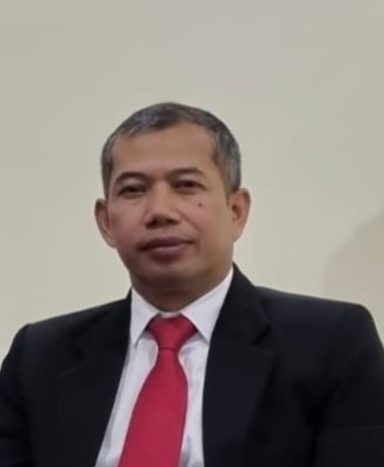
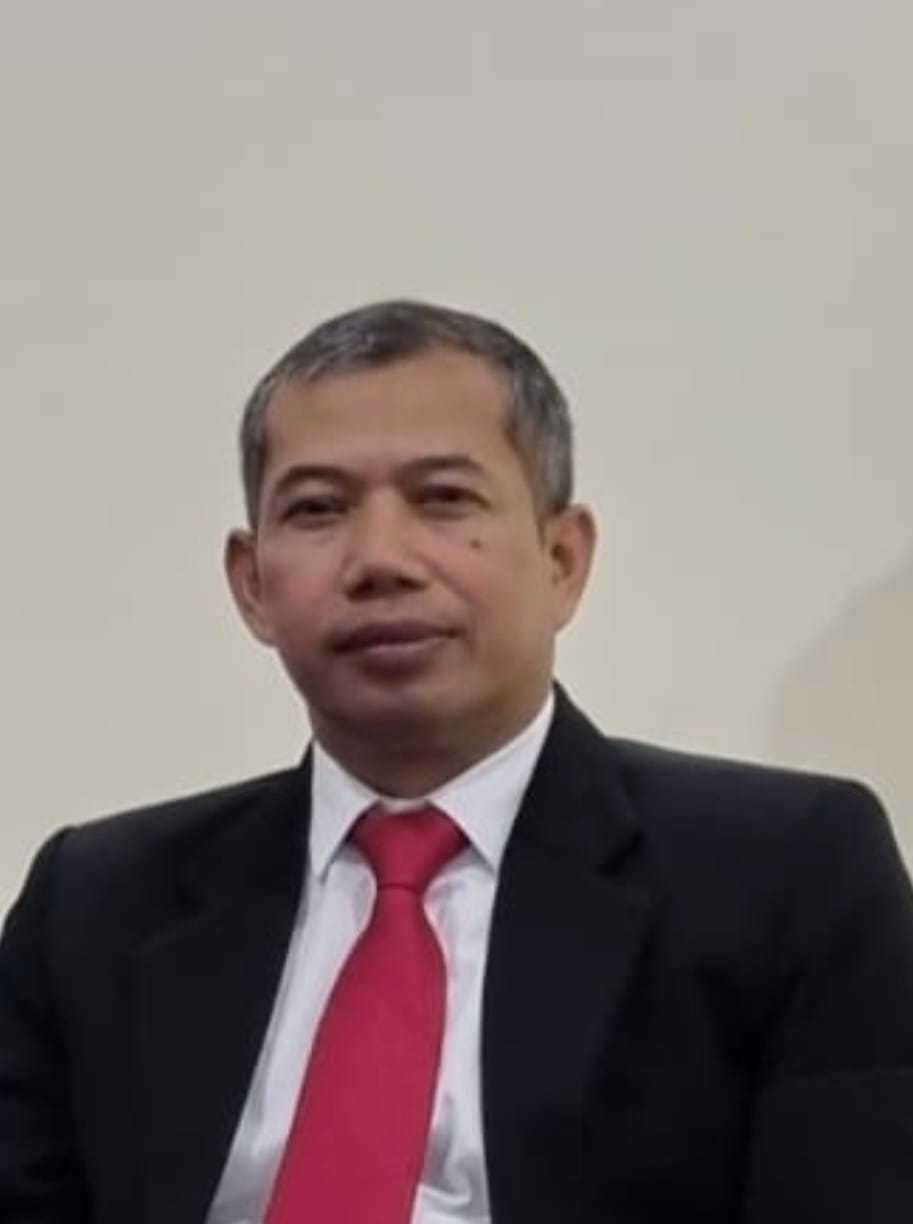
Keynote Speaker
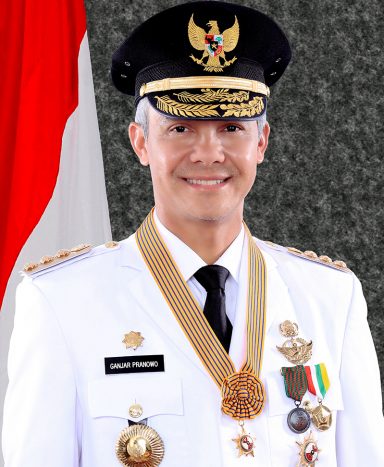
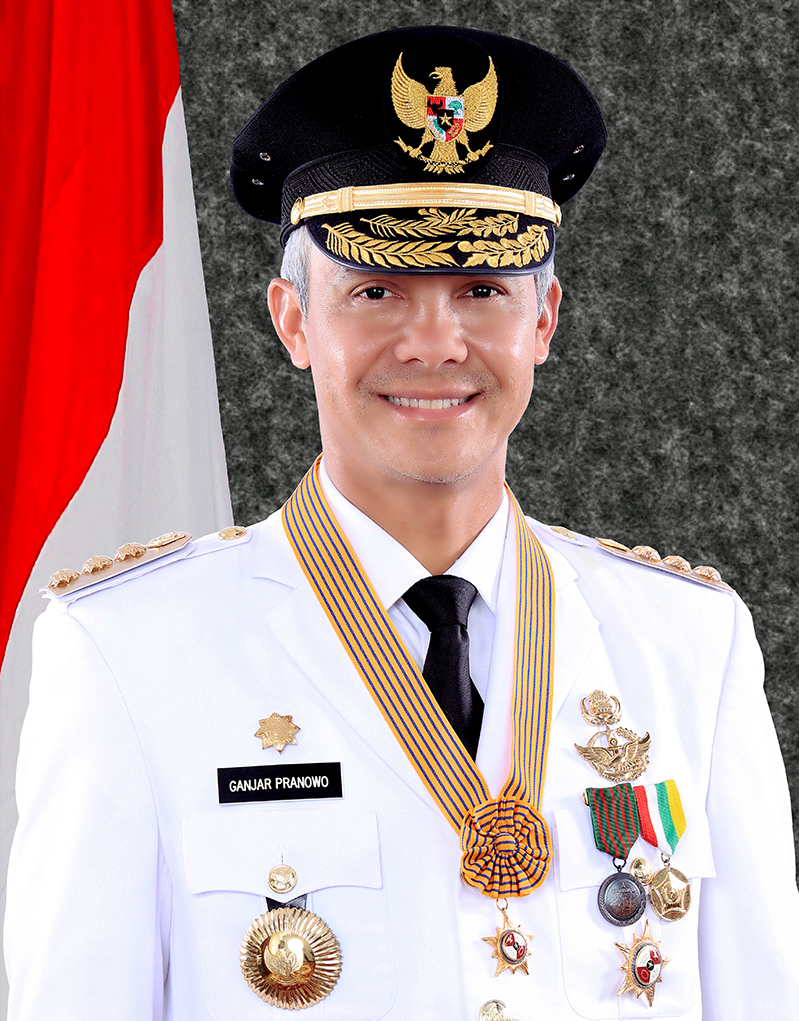
Invited Speakers
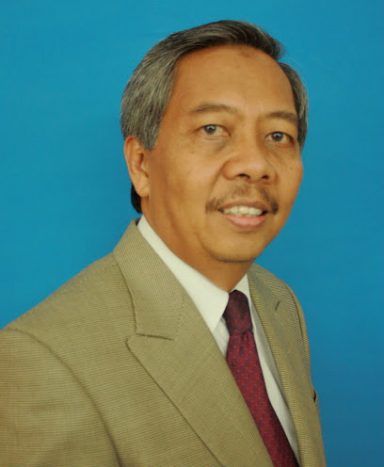
Road to SDG Center of University of Semarang
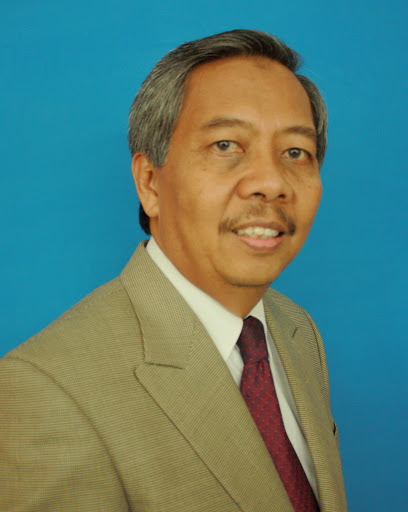
Road to SDG Center of University of Semarang
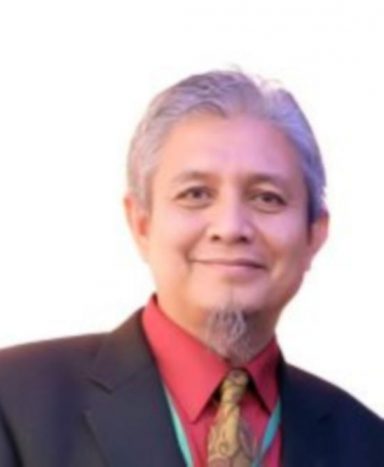
Transforming our world: the 2030 Agenda for Sustainable Development
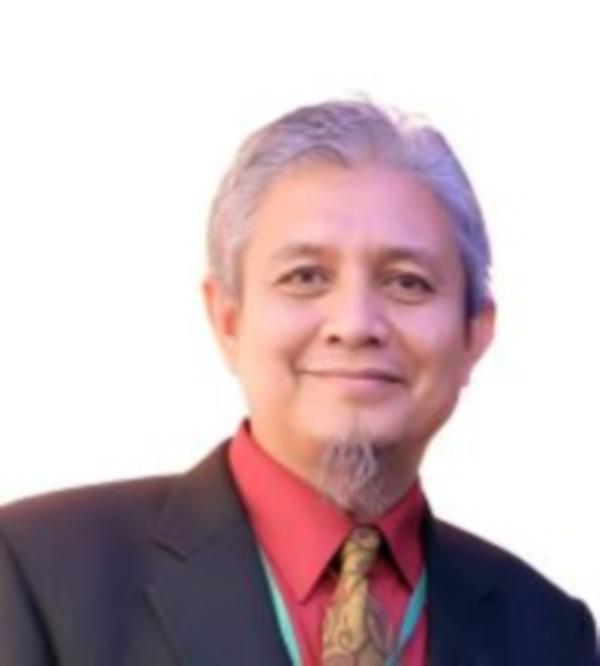
Transforming our world: the 2030 Agenda for Sustainable Development
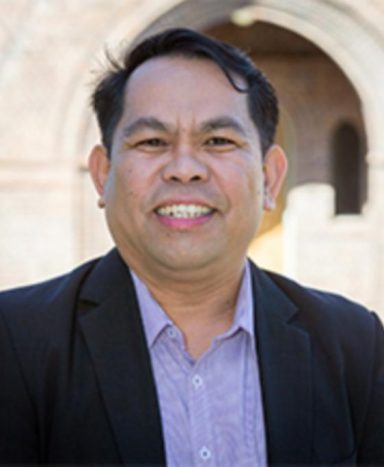
ESG (Environmental, Social, and Governance) Strategies in Bussiness
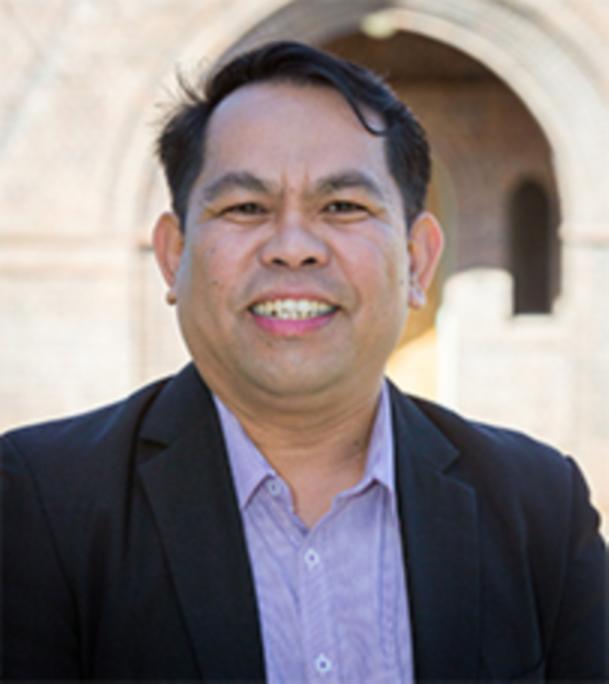
ESG (Environmental, Social, and Governance) Strategies in Bussiness
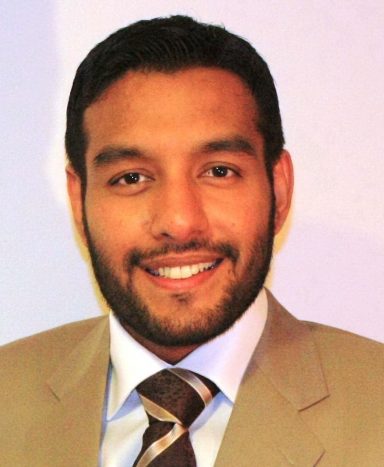
Waste Biorefineries: Enabling Circular Economies in Developing Countries
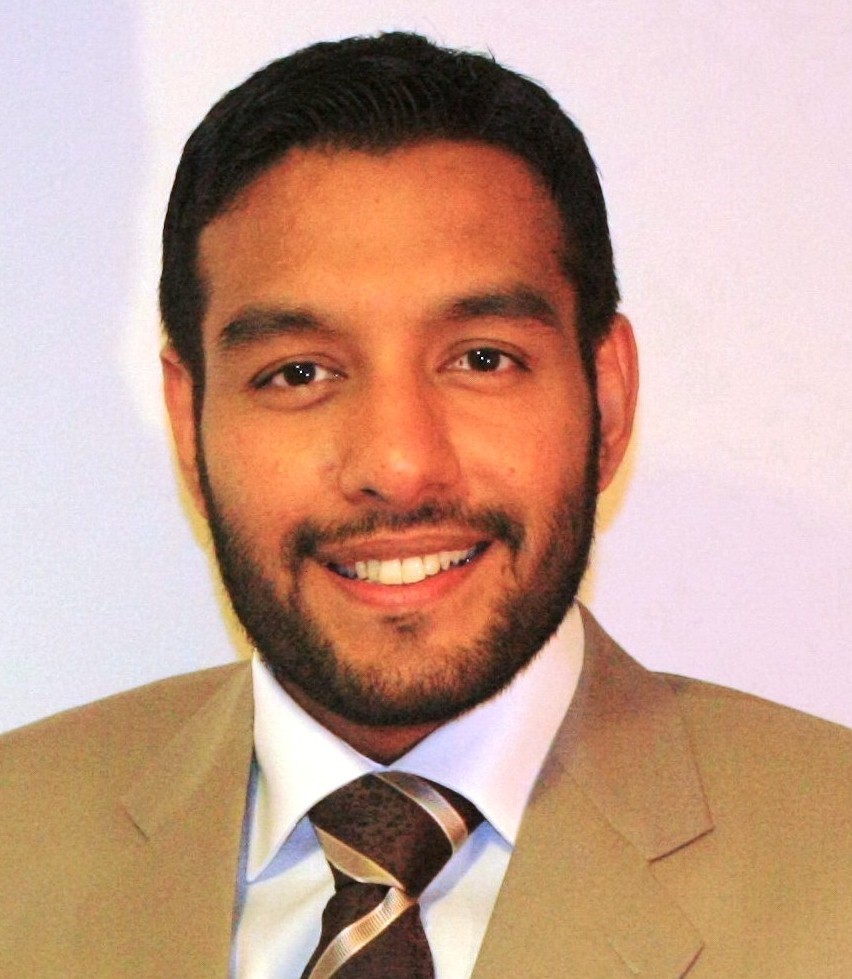
Waste Biorefineries: Enabling Circular Economies in Developing Countries
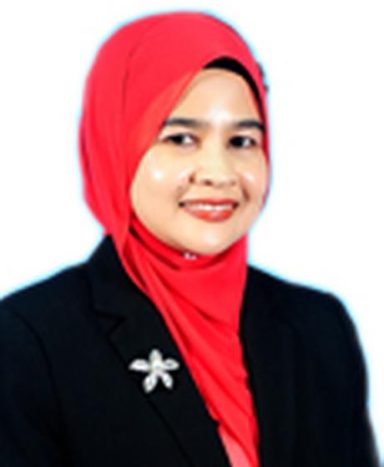
Sustainable Consumption and Production of Food
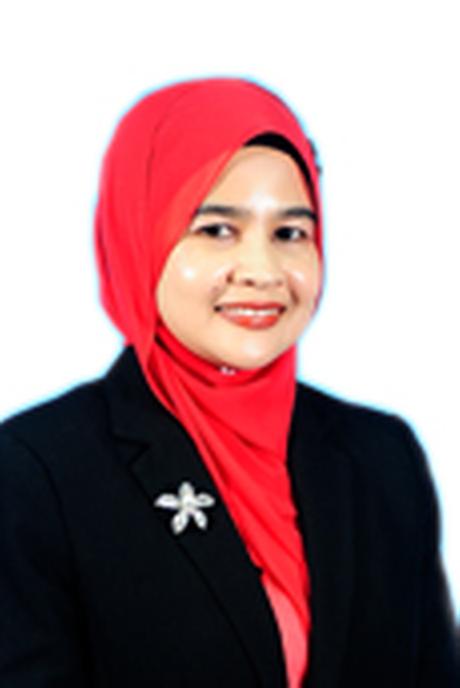
Sustainable Consumption and Production of Food
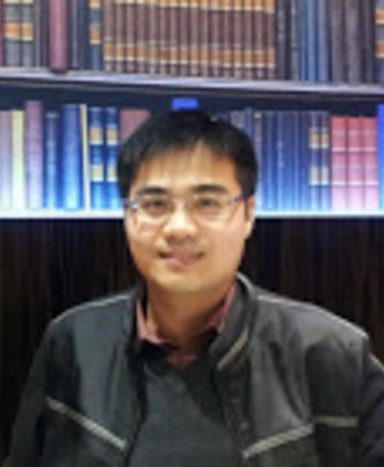
Global Status of Implementation of Circular Economy
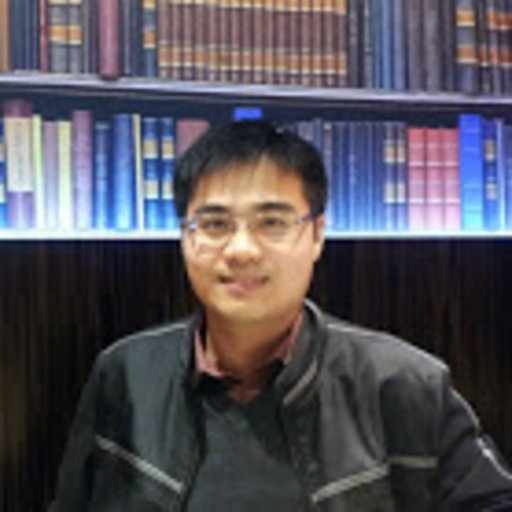
Global Status of Implementation of Circular Economy
Moderator
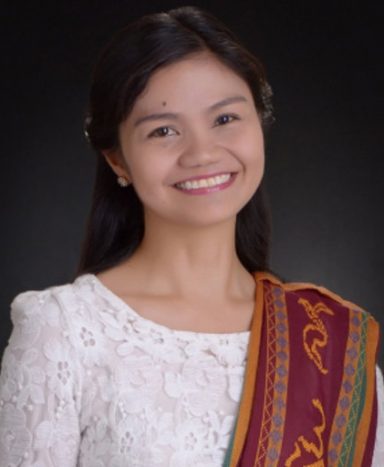
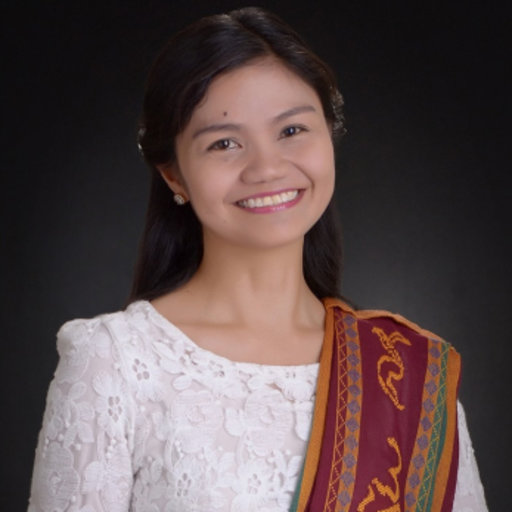
Important Date
| Call for Abstract | Notification of Acceptance | Full Paper Submission | Conference | Semarang Tour |
| 30 June 2022 | 15 July 2022 | 20 July 2022 | 30 July 2022 | 31 July 2022 |
Venue
Semarang
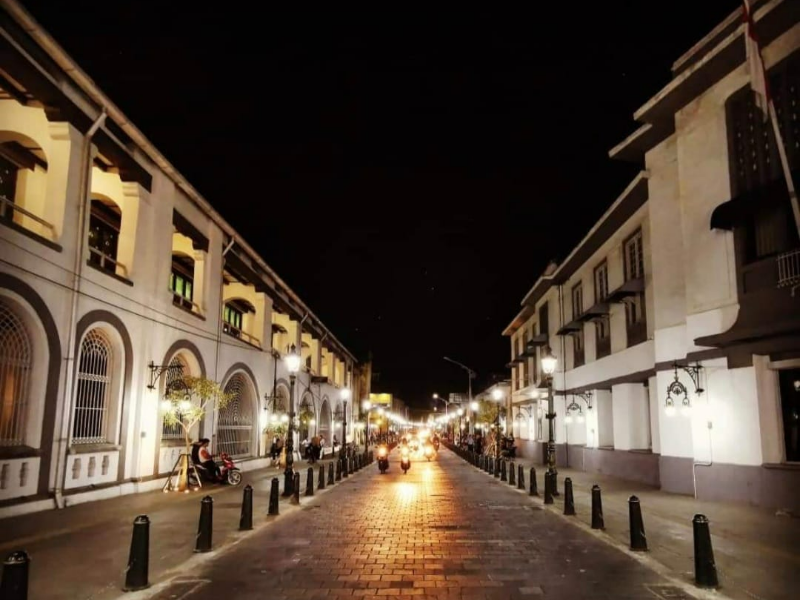
Kota Lama
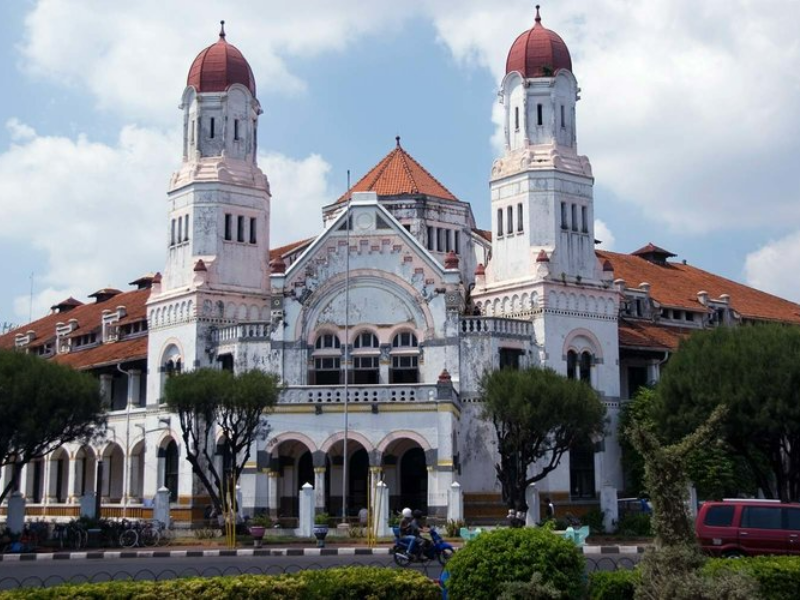
Lawang Sewu
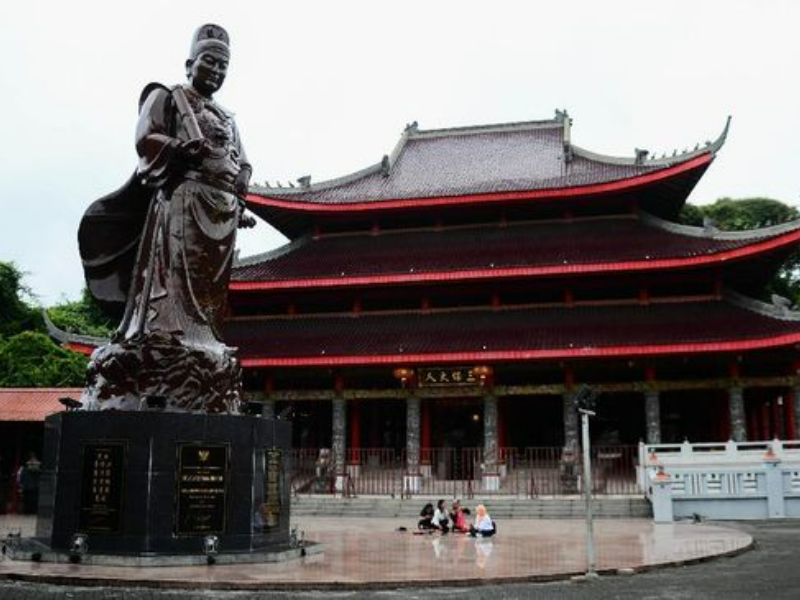
Sam Poo Kong
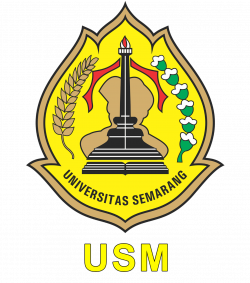

Publication
